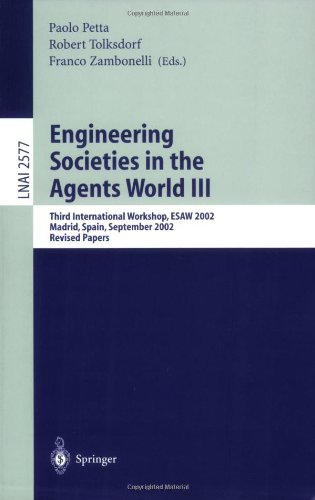

Most ebook files are in PDF format, so you can easily read them using various software such as Foxit Reader or directly on the Google Chrome browser.
Some ebook files are released by publishers in other formats such as .awz, .mobi, .epub, .fb2, etc. You may need to install specific software to read these formats on mobile/PC, such as Calibre.
Please read the tutorial at this link: https://ebookbell.com/faq
We offer FREE conversion to the popular formats you request; however, this may take some time. Therefore, right after payment, please email us, and we will try to provide the service as quickly as possible.
For some exceptional file formats or broken links (if any), please refrain from opening any disputes. Instead, email us first, and we will try to assist within a maximum of 6 hours.
EbookBell Team

4.7
86 reviewsThe characteristics of software systems are undergoing dramatic changes. We are moving rapidly into the age of ubiquitous information services. Persistent computing systems are being embedded in everyday objects. They interact in an autonomouswaywith eachother to provideus with increasinglycomplexservices and functionalities that we can access at any time from anywhere. As a con- quence, not only do the numbers of components of software systems increase; there is also a strong qualitative impact. Software systems are increasingly made up of autonomous, proactive, networked components. These interact with each other in patterns and via mechanisms that can hardly be modeled in terms of classical models of interaction or service-oriented coordination. To some extent, future software systems will exhibit characteristics making them more res- blant of natural systems and societies than of mechanical systems and software architectures. This situation poses exciting challenges to computer scientists and software engineers. Already, software agents and multi-agent systems are recognized as both useful abstractions and e?ective technologies for the modeling and building of complex distributed applications. However, little is done with regard to e?- tive and methodic development of complex software systems in terms of mul- agent societies. An urgent need exists for novel approaches to software modeling and software engineering that enable the successful deployment of software s- tems made up ofa massive number ofautonomous components, and that allowus to control and predict their behaviour.